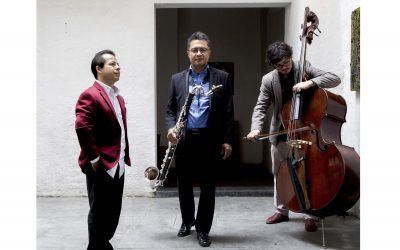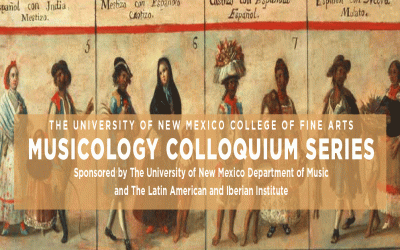Dr. Kristina Jacobsen wins award for an article
The article ‘Don’t Even Talk to Me if You’re Kinya’áanii [Towering House]’: Adopted Clans, Kinship, and ‘Blood’ in Navajo Country” was awarded “the most thought-provoking article in Native American and Indigenous Studies of 2019” by the Native American and Indigenous Studies Association.
“Kristina Jacobsen’s and Shirley Ann Bowman’s article offers an insightful view on the dynamic formation of the Diné/Navajo kinship system (k’é) through the practices of adopting and incorporating in clan formation in the late-nineteenth and early-twentieth centuries, with some glances at the omnipresence of this history in present times. Moreover, this study throws light on how adoption became the terrain for multiform racial, cultural, and geographical crossings in Navajo Nation-building and permanence; as well as on the extent settler-colonial policies on citizenship and “ancestry” historically disrupted this extraordinarily dynamic clan formation process. As a publication authored by a non-Indigenous and a Diné scholar, this article is a sample of collaborative practice and reciprocity, materialized in a well-grounded ethnographic, archival, linguistic, and cultural research. In our view, this study suggests important ways to historically reflect on questions of tribal enrollment, citizenship, identity, belonging, incorporation, and movement of peoples in American Indian life.” ~NAISA Prize Committee, 2019
Music from the Americas presents The Low Frequency Trio
Formed by Antonio Rosales (bass clarinet), Juan José García (doublebass), and José Luis Hurtado (piano), LOW FREQUENCY TRIO is one of the few ensembles in the world that plays music that was exclusively composed for them.
Music, Power, and Signification: A Phenomenological Reading of Race in New Spain
In New Spain, an institutional structure of merit and promotion hinged on the idea of reason as an intrinsically European attribute. This attribute differentiated ‘Europeans’ from people of mixed race claiming European status based on their skin complexion.
“Reclaiming ‘the Border’ in Texas-Mexican Conjunto Heritage and Cultural Memory”
The Texas border town of San Benito is the subject of this talk which examines how memory and legacy operate within a community of “self-appointed” cultural brokers and a local municipality inspired by capitalist notions of urban development, economic growth and cultural tourism.



